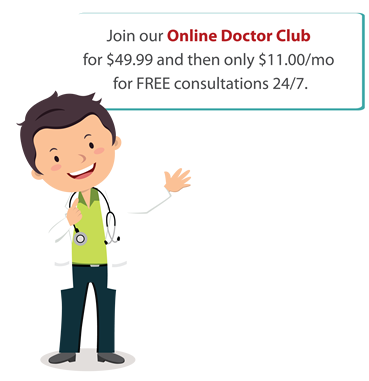
Self-medication – Dangers and risks
We usually remember an old proverb that says ``the health is the greatest possession`` when our health is threatened. Whether it is a chronic disease or slow recovery from the common cold, the symptoms that we feel impair the quality of life. Fearing a dangerous disease outcome, and wanting a quick solution to the ills, many go to the pharmacy and buy medicines and preparations on their own, guided by previous experience in the treatment or recommendations provided by unskilled persons. However, taking health into one’s own hands is unadvisable and dangerous.
Self-medication implies using cures without consulting a health professional. Some people do it to avoid waiting in the doctor's office, while others have more confidence in the advice of friends or in a text they read in the newspapers or on the Internet, without thinking about the fact that the health tips in the newspaper are universal, and that any treatment must be individually prescribed by a doctor, because self-medication carries many risks.
If we feel certain symptoms it does not mean that we are qualified to determine the cause of our problems, even when we feel that we know what is happening inside the body.
The probability of making mistake is great, because it usually results in taking the wrong dosage of the drug, and the drug does not have the effect or it can become toxic. One should always consult with a doctor or pharmacist about the diagnosis and drug selection.
A common case is that a person feels the symptoms for a long time, while regularly using drugs that reduce the discomfort, and the person is postponing visit to a doctor. This long-delayed examination is, unfortunately, done when it's too late for the right cure. Whether it comes to stomach pain, bloating bowel, headaches, or other symptoms that last a long time, be sure to consult with an expert. The use of some medications can mask symptoms of serious illness.
Drugs and preparations which are purchased at a pharmacy without a prescription have few adverse effects. However, if used in an inappropriate manner, without consulting a doctor or pharmacist, the likelihood of adverse events occurring increases considerably. In addition, if you are already taking treatment for a disease, taking additional medications on your own can cause the interaction of these substances in the body, which can seriously damage some organ systems.
In self-medication there is a risk of dependency and abuse. The drugs are intended to treat diseases that are indicated, should be taken as stated in the patient information leaflet or a prescription and only as long as necessary.
Conventional health care represents an organized system which consists of doctors, pharmacists and a number of health technicians who are taught and trained to recognize our condition, properly treat it and lead us through the process towards the best possible solution. Symptoms, diseases and therapies are part of the comprehensive science that is impossible to know in its entirety, and from which our lives may depend. We may now ourselves and our bodies, but health experts are familiar with the diseases and drugs better than others, and the treatment should be left to them.
Your email address will not be published. Required fields are marked *